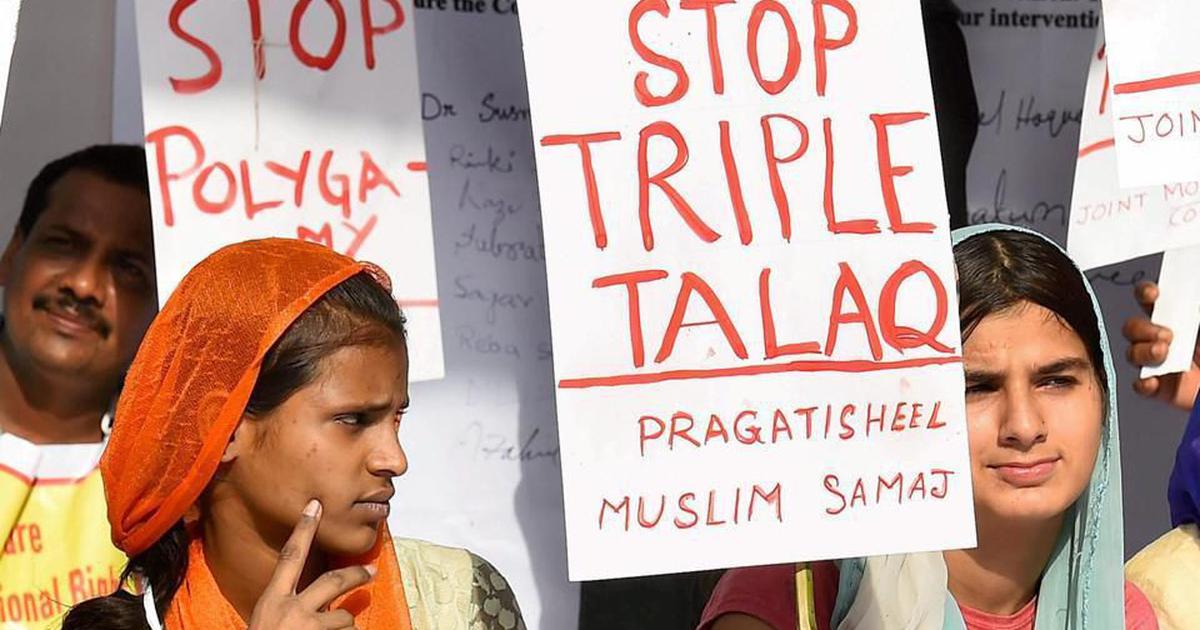Ordinance:
- The Union Cabinet has cleared ordinance to make practice of instant triple talaq penal offence.
- Compelling reason cited by Government for promulgation of this ordinance was that practice of triple talaq continues unabated even after annulled by Supreme Court due to absence of legal framework.
Provisions:
- The ordinance makes instant triple talaq illegal and void.
- It prescribes punishment with jail term for three years to husbands practicing triple talaq.
- It also includes certain safeguards such as the addition of a provision of bail for the accused before trial, to do away with fears of misuse of the law.
- The offence of triple talaq will only be cognizable when victim wife or her relatives by blood or marriage file FIR.
- It is compoundable offence, meaning that there can be compromise but only on insistence of wife and magistrate will have to determine terms and conditions.
- The offender can be granted bail by magistrate but only after hearing victim wife as it is private dispute between husband and wife and wife must be heard when bail is granted.
- Additionally, victim wife will get custody of minor children.
- They will be entitled to receive maintenance from husband for herself and children, as decided by magistrate.
Criticism:
- This decision has come under a lot of criticism as being a sign of undue impatience.
- Several sections believe that this is a matter that required deliberation, especially after keeping in mind that serious objections were raised to some of the provisions of the Bill passed by the Lok Sabha.
- Currently, it is not clear as to what may have prompted the government to take recourse to the extraordinary power of promulgating an ordinance.
- There is no documentary evidence to show that the incidence of instant triple talaq had reached alarming levels.
- Thus the hasty nature in which a presidential ordinance was promulgated needs to be examined.
- Further, as per Article 123 of the Indian Constitution, the President of India is required to ensure the existence of circumstances “which render it necessary for him to take immediate action”.
- Thus, it is believed that the Centre, must make public the evidence presented to the President. This can be done so in the interest of a fair debate.
- Article 123 empowers the President to promulgate an ordinance only when urgent situations arise during the recess of Parliament. However, in the case of triple talaq, no such emergency came to light.
